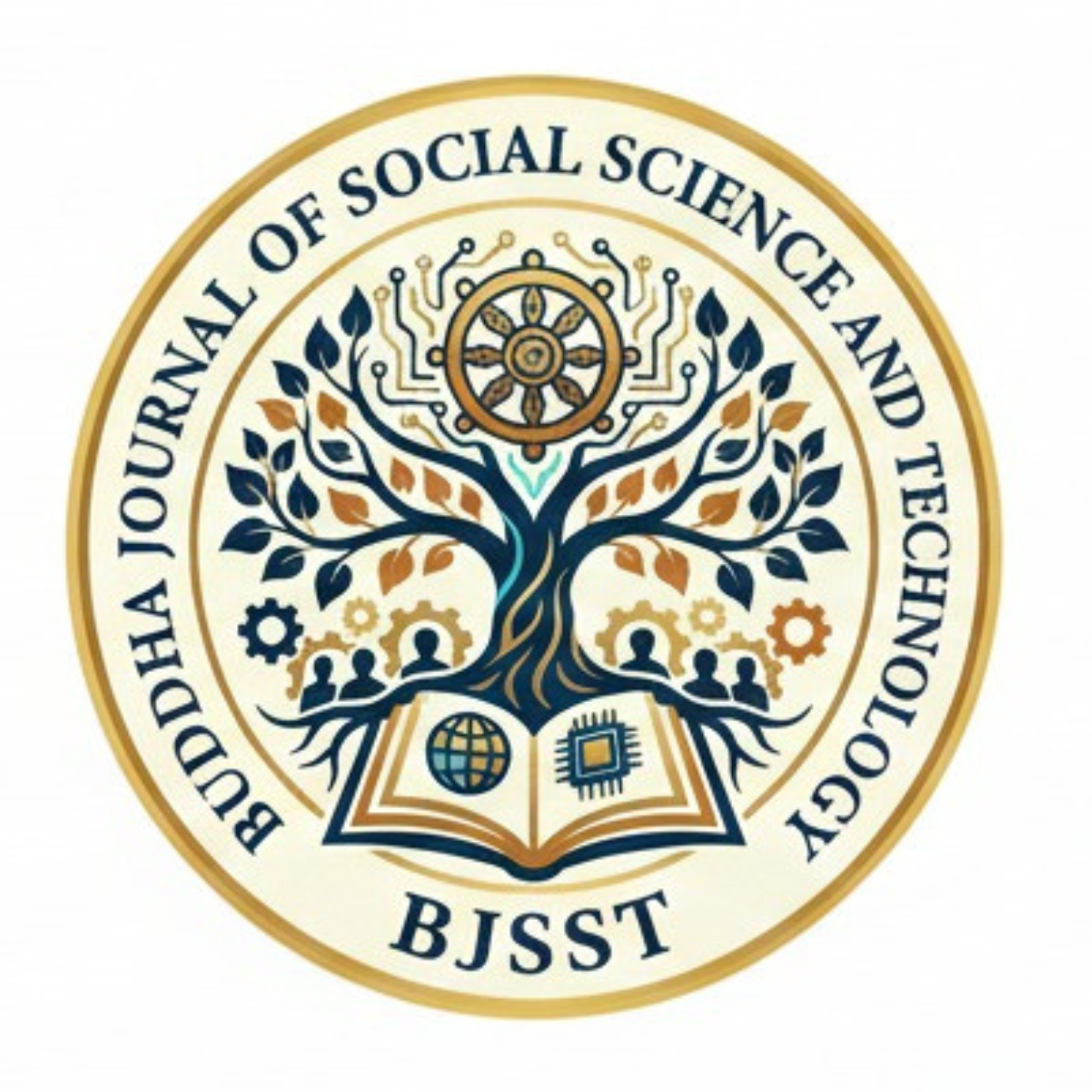Plagiarism Policy
At BJSST Journal, we uphold the highest standards of academic integrity and ethical research. Plagiarism, in any form, is a serious violation of scholarly principles and can severely compromise the credibility of research. Therefore, we have a strict plagiarism policy to ensure that all published work is original, properly attributed, and meets academic standards.
Similarity Threshold
We allow a maximum of 15% similarity in a manuscript, recognizing that minor similarities may occur when common phrases or references are used. However, any instance of plagiarism exceeding this threshold will result in the rejection of the manuscript. All manuscripts submitted to BJSST Journal will undergo a thorough plagiarism check using advanced detection tools to identify any overlap with existing published works.
Detection and Consequences
If plagiarism is detected, the manuscript will either be returned to the author for revision or rejected, depending on the severity of the issue. Authors must ensure that all sources are appropriately cited, and any borrowed material is clearly acknowledged.
Consequences of Plagiarism:
- Rejection of the current submission
- Potential blacklisting from future submissions
- Notification to author's institution in severe cases
Author Commitment
By submitting a manuscript, authors confirm that their work adheres to these ethical standards and is free from any form of plagiarism.


